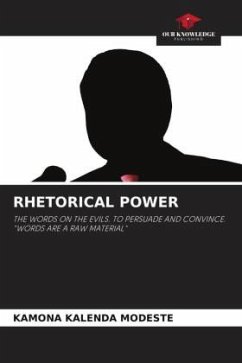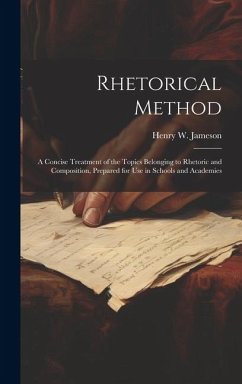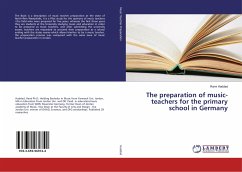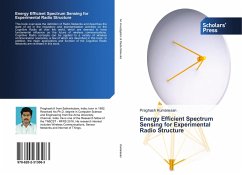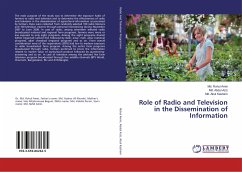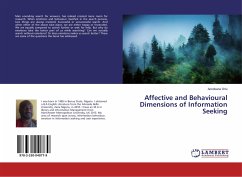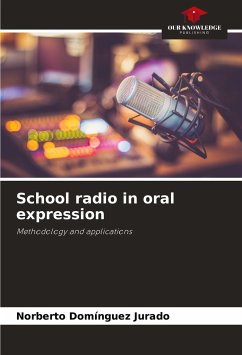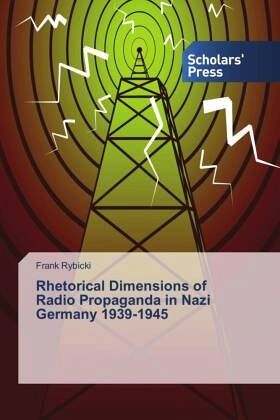
Rhetorical Dimensions of Radio Propaganda in Nazi Germany 1939-1945
Versandkostenfrei!
Versandfertig in 6-10 Tagen
62,99 €
inkl. MwSt.

PAYBACK Punkte
31 °P sammeln!
This work exams the theoretical aspects of rhetoric used in the creation and dissemination of Nazi radio propaganda in Germany and abroad throughout the duration of World War II, 1939-1945. Rhetoric is described in terms of "organization' putting emphasis on the ontological nature of the rhetor. The "agency" of radio provides narratives in the form of news, entertainment, and political address. Radio is seen as the key in the suspension of disbelief; it removes the visual element forcing a subliminal reconstruction by the imagination. The search becomes one of locating the dialectical tension ...
This work exams the theoretical aspects of rhetoric used in the creation and dissemination of Nazi radio propaganda in Germany and abroad throughout the duration of World War II, 1939-1945. Rhetoric is described in terms of "organization' putting emphasis on the ontological nature of the rhetor. The "agency" of radio provides narratives in the form of news, entertainment, and political address. Radio is seen as the key in the suspension of disbelief; it removes the visual element forcing a subliminal reconstruction by the imagination. The search becomes one of locating the dialectical tension between reality/truth and ideology/falsehoods. The crucial role of language regulation of the media is explored as well as the effects of Nazi propaganda broadcast into American homes via shortwave radio.



